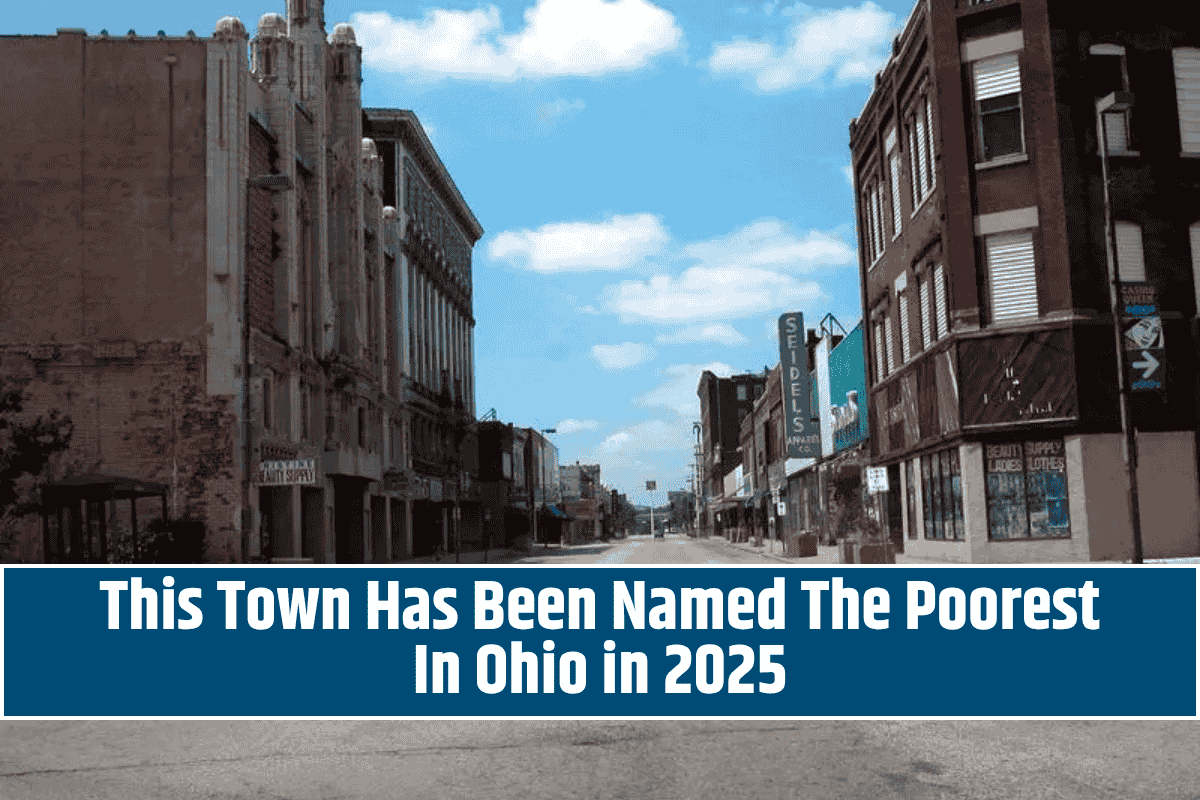Pennsylvania lawmakers are considering a bill to launch a statewide database to help municipalities track and fine the owners of blighted properties.
The proposed system would be optional for local governments, but aims to provide better accountability and encourage redevelopment.
Democratic Rep. Brandon Markosek of Monroeville, chair of the House committee on Housing and Community Development, is leading the initiative.
What Happened
Rep. Brandon Markosek introduced legislation that would establish a statewide database to identify and monitor blighted properties across Pennsylvania.
Municipalities could choose to participate and would have the authority to levy fines of up to $1,000 on negligent property owners who fail to resolve serious code violations after one year.
The bill passed the House with bipartisan support and now awaits discussion in the Senate Urban Affairs & Housing Committee.
Key Details
- The database would be managed by the Department of Community and Economic Development (DCED).
- Participation by municipalities is voluntary, allowing each community to opt in.
- Violations left unresolved for over a year could result in a $1,000 fine, which municipalities—not the state—would enforce.
- Revenue from fines would support the operation of the database.
- Markosek believes the system could help attract new business by cleaning up neighborhood eyesores.
Reactions or Statements
Matt Williams, director of the nonprofit Fight the Blight in Westmoreland County, supports the bill but prefers proactive solutions.
“A proactive approach to blight is ultimately the more economical option,” Williams said.
Williams noted the bill could help nonprofits identify distressed properties where owners may need support—not just penalties.
However, he questioned whether a $1,000 fine would deter well-funded speculators.
“They might have spent more than that on maintenance already,” he added.
Investigation or What’s Next
The bill awaits review in the Senate Urban Affairs & Housing Committee, alongside a separate proposal from Rep. Abigail Salisbury that would make it easier for land banks to acquire abandoned properties.
Meanwhile, communities like Monessen in Westmoreland County have already implemented similar local tracking systems. Mayor Ron Mozer highlighted their success in logging and monitoring blight, backed by $7.5 million in redevelopment funds and DCED support.
FAQs
What is considered a “blighted property”?
Blighted properties typically include structures with serious safety violations, like broken foundations, windows, or roofs, and that negatively impact surrounding areas.
Will all Pennsylvania towns be required to join the database?
No. Participation is optional for municipalities.
How will the fines be collected?
Local governments, not the state, would issue and collect fines from owners with unresolved code violations.
Where will fine money go?
Revenue will help maintain the database infrastructure.
Can this help with economic development?
Yes. Lawmakers argue that removing or repairing blighted properties can make areas more attractive to new businesses and residents.
Summary / Final Takeaway
Pennsylvania is moving toward a new statewide tool to help municipalities combat property neglect. With bipartisan backing and support from community advocates, the proposed blight database could improve transparency, accountability, and economic potential in towns across the state.
If passed, the system will offer local governments the choice to m












